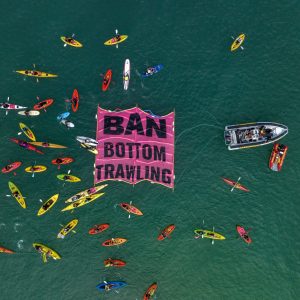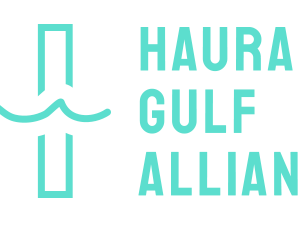LegaSea asked National to provide comment on their party’s fisheries policy. National has provided this recreational fishing policy.
National believes in healthy, sustainable and shared fisheries for all New Zealanders including the recreational, commercial and customary sectors.
We support dedicated recreational fishing parks in the Hauraki Gulf and the Marlborough Sounds. Most forms of commercial fishing would be excluded in these areas, making it easier for recreational fishers to catch fish.
We’ve received public submissions and the next step is to pass new legislation on Marine Protected Areas which will give us the power to create these parks.
Regularly we set up joint working groups involving recreational, commercial and customary representatives to come up with long-term plans for fisheries like Snapper1 and blue cod in the Marlborough Sounds. It’s better to have everyone sitting around the table coming up with agreed approaches to rebuild and grow these important fisheries.

To support better engagement with fishers, MPI now for the first time has a dedicated recreational fishing team to engage and communicate with fishers.
Also starting very soon is the next major National Panel Survey of recreational fishers, which will interview 30,000 people and have a panel of 8,000 fishers who are regularly interviewed about their catch. This is a $4.6 million project which will give us excellent information on the health of stocks around the country important to recreational fishers.
In 2015 we announced a major programme of work called “Future of our Fisheries” with the aim of improving the long term sustainable benefits of our fisheries for all New Zealanders. This now driving some of the biggest reforms to our fisheries system in a generation.
As part of this, late last year a discussion document was released with a range of ideas and proposals. Public meetings were held around the country and we received a wide range of submissions and feedback.
The first major step is digital monitoring of commercial fishing which includes cameras on every vessel, electronic reporting and GPS monitoring. This is being rolled out from 1 October this year and will give us arguably the most transparent and accountable commercial fishery anywhere in the world.
We have also made changes to regulations to allow the use of innovative new trawl technologies on commercial fishing boats. These new net designs have less impact on the environment, and can reduce by-catch of undersized fish, seabirds, and mammals.
The Precision Seafood Harvesting programme is a good example of this and has been co-funded by industry and Government. When fishing inshore species like snapper, this new net technology can bring fish onboard alive and in pristine condition. Undersized or unintended catch can be returned to the sea with a much higher survivability rate.
Another great example is the trawl net technology designed by Hawke’s Bay fisherman Karl Warr, who was a finalist in the international Seafood Champion Award for Innovation.
In this year’s Budget we announced a funding boost of $30.5 million to support this work and upgrade and modernise the fisheries management system. This will support more detailed scientific research to improve our knowledge of the marine environment and help develop new information about the state of our fisheries.
Better information will help MPI make more informed decisions with more accurate stock assessments. For example, we’ll be able to focus on smaller geographic areas to make more precise decisions, like specific bays of most concern to fishers. This could include areas like Hawke’s Bay.
The Future of our Fisheries Review found the existing Quota Management System is sound, but could be made stronger and more fit-for-the-future. We’re currently looking at ways to tweak and improve how it works if we’re fortunate enough to be re-elected.
So overall, there is a huge amount of work underway to improve our knowledge and management of our fisheries so that everyone can enjoy the long-term benefits.
Finally, one policy National definitely does not support is bringing in compulsory licences for recreational fishers.
More information
I Fish. I Care. I Vote – How does this policy compare to other party’s fisheries policies?
LegaSea’s Manifesto – See how this policy compares to our five policy planks.





